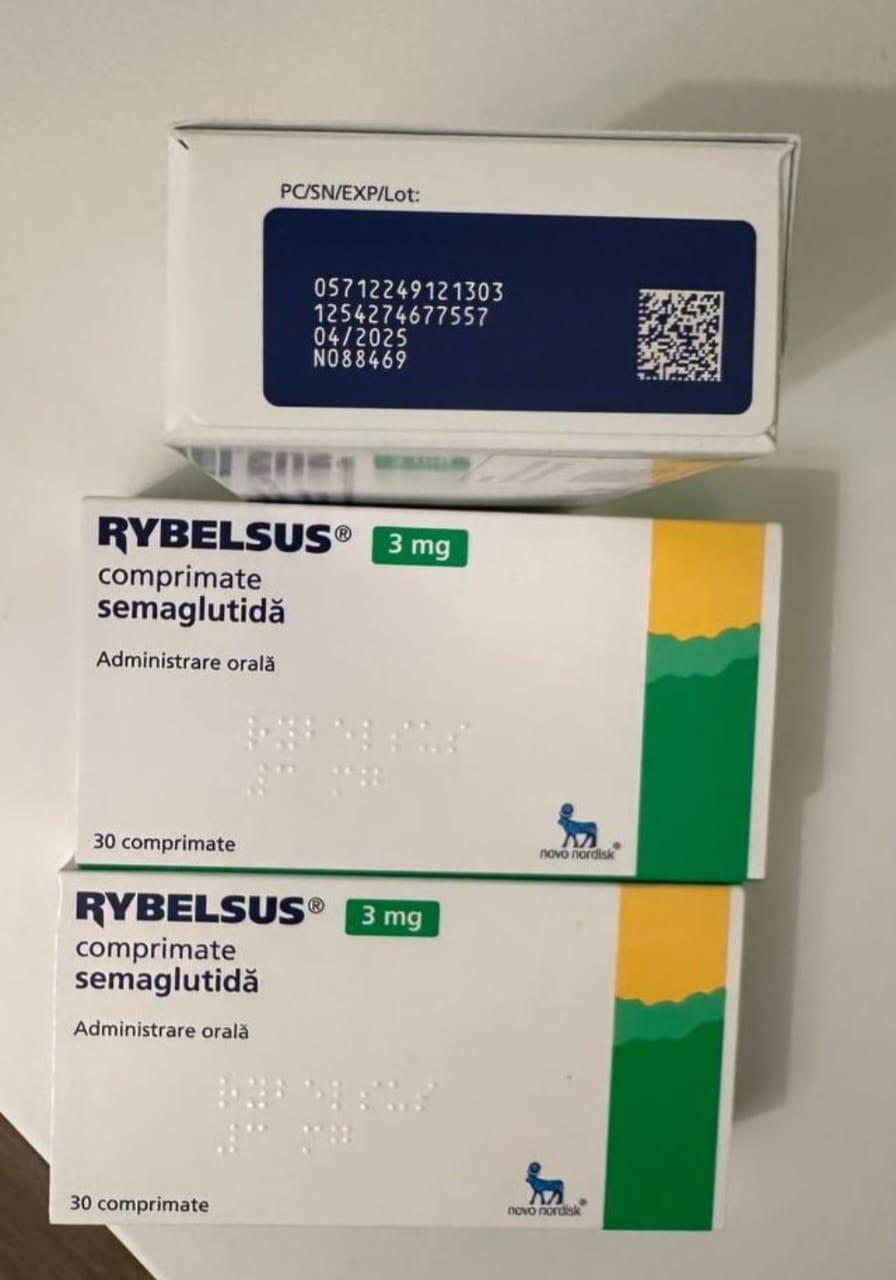No products in the cart.
What is Rybelsus (semaglutide)?
Rybelsus is a prescription medication used to treat and improve blood sugar control in people with type 2 diabetes.
Rybelsus belongs to the drug class, glucagon-like peptide-1 (GLP-1) receptor agonists. It is the first and only GLP-1 receptor agonist that can be taken by mouth, making it a convenient alternative to the traditional injectable form of this medication.
What are the Indications for Rybelsus?
Rybelsus is indicated for the treatment of type 2 diabetes mellitus in adults. It is used to improve glycemic control in people who have not achieved adequate blood sugar control with diet and exercise alone or with other oral antidiabetic medications.
The drug can be used as monotherapy, meaning it can be taken alone, or in combination with other medications such as metformin, sulfonylureas, and insulin. It is important to note that Rybelsus is not recommended for the treatment of type 1 diabetes or diabetic ketoacidosis.
How is Rybelsus used?
Storage
Rybelsus should be stored at room temperature, between 68°F and 77°F (20°C and 25°C), in its original container.
Keep Rybelsus out of reach of children and pets.
Instruction
Take Rybelsus once daily, preferably in the morning, with or without food. The tablet should be swallowed whole with a glass of water and should not be chewed, crushed, or split.
Dosage
Rybelsus is available in tablet form in the following strengths: 3mg, 7mg, 14mg.
The starting dose of Rybelsus is 3 mg once daily, and the dose can be increased to 7 mg once daily after 30 days if needed. Your doctor may increase your dose to 14 mg once daily after an additional 30 days if your blood sugar is still not adequately controlled.
Side Effects
It’s important to understand that although Rybelsus is FDA-approved, it comes with side effects that may or may not affect you.
Before starting Rybelsus, you should discuss possible side effects with your doctor or pharmacist.
Common Side Effects
Not all side effects require medical attention. As your body adjusts to Rybelsus, side effects may go away.
Tell your doctor if you experience the following symptoms, and they become severe or do not go away on their own:
- Nausea
- Vomiting
- Diarrhea
- Abdominal pain
- Decreased appetite
- Indigestion
- Headache
| Strength | 3mg, 7mg, 14mg |
|---|---|
| Quantity | 30 tablets, 60 tablets, 90 tablets |











Reviews
There are no reviews yet.